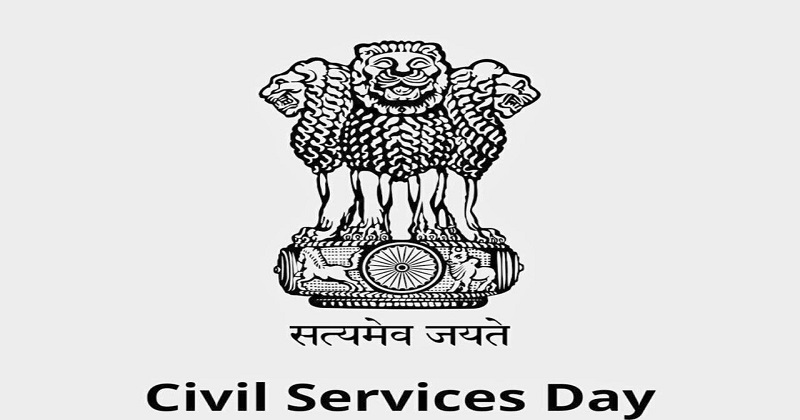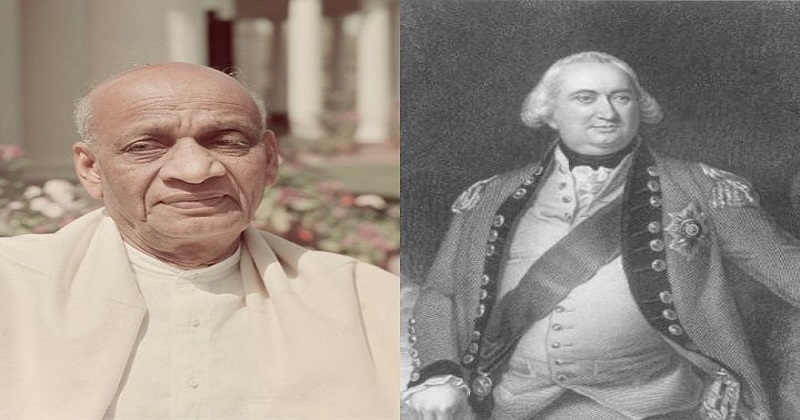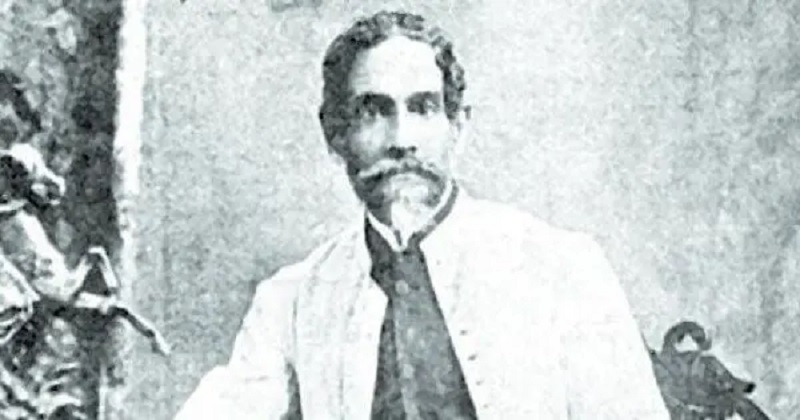
Every year on April 21, the United States observes National Civil Service Day. As a result, it is critical to understand the history of the Indian National Civil Service and the ‘Father of the Indian Civil Service’. Not only is National Civil Service Day significant in terms of its history and significance, but it also serves as a reminder for civil servants working in various sectors to prioritize serving the residents of the country over everything else. Officers appointed as IAS, IPS, and IFS operate at the grassroots level to solve numerous social concerns that individuals confront.

First National Civil Service Day
On April 21, 1947, the inaugural National Civil Service Day was commemorated. On this day, Sardar Vallabhbhai Patel, the first Home Minister of Independent India, addressed the probationers of Administrative Services Officers at Metcalf House in Delhi. He referred to public personnel as the ‘steel frame of India’ at the time. As a result, civil workers at all levels of government serve as supporting pillars of the country’s administrative structure. Civil services were known as Indian Civil Services during the British administration, but were subsequently renamed All India Services and were totally administered by India. On this day, India’s Prime Minister honours our country’s public employees for their contributions.

Indian Civil Service’s Forefather
Lord Cornwallis restructured, modernised, and rationalised the civil services in order to reinforce British dominance in India, earning him the title ‘Father of Indian Civil Service.’ The fundamental idea was the separation of revenue and judicial administration. The Collector’s judicial and magisterial powers were stripped away, and he was reduced to being solely the head of tax administration. District judges were appointed to oversee judicial administration. He reserved all covenanted services for Britishers and barred Indians from higher positions. He implemented this approach because he was sceptical about Indians’ integrity and abilities.

India’s first IAS officer
In 1864, Satyendranath Tagore became the first Indian to pass the Civil Services Examination. He was Rabindranath Tagore’s elder brother. Satyendranath Tagore was the first Indian named to the Indian Administrative Service (IAS). In 1862, Satyendranath Tagore travelled from India to England to study for the test. In 1863, he was chosen for the civil service, and in 1864, after finishing his schooling in England, he returned to India. He was the country’s first officer in the Indian Administrative Service (IAS). After that, he was posted to the Bombay Presidency, and then, after a few months, to Ahmedabad City. As we commemorate National Civil Service Day, it’s important to recognise the important role provided by our civil servants.

Post Your Comments